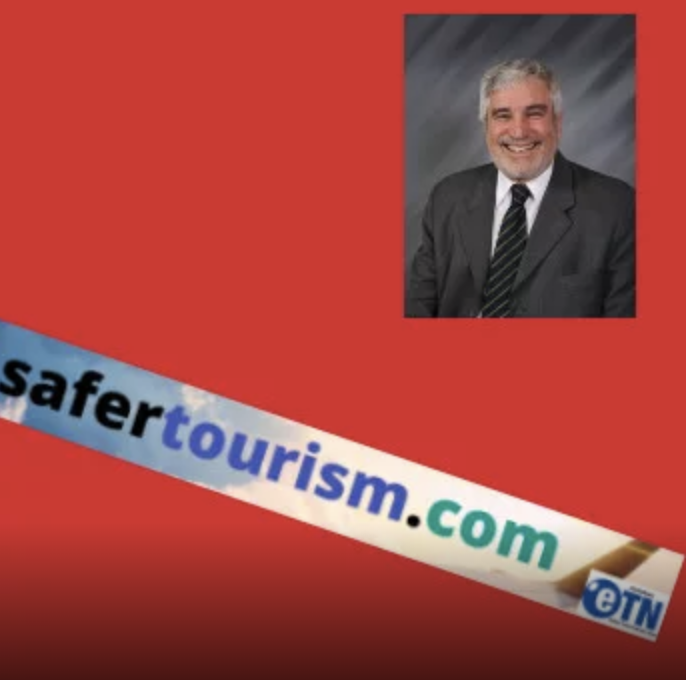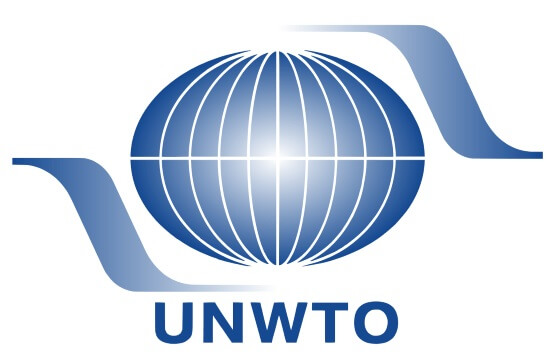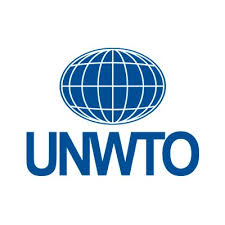
Safertourism.com: Tourism Security will be an issue in 2020
The 26th Las Vegas International Tourism Safety and Security Conference in 27 years was concluded last week. Next year a whole new concept of tourism security conferences is in the making.
The new face in 2020 will reflect the changing times as tourism security continues to be an issue around the world.
The weekly riots in Paris and the recent terrorist attacks in Sri Lanka demonstrate once again just how sensitive the tourism and travel industries are to the needs of security and safety (S&S). Professionals in S&S debate these issues with a great deal of emotion not only among themselves but also with their colleagues from all aspects of the travel and tourism industry. Slowly the travel industry’s many components are becoming ever more sensitive to the fact that every S&S decision is a business decision. Because not everyone can attend a tourism conference in this month’s issue of Tidbits, we present to you some of the ideas regarding tourism and security developed over the past two decades.
The ideas found below, come from past conferences and are meant to stimulate creative thought among those who work in the travel industry. These suggestions are not meant to be specific for any one particular locale or business nor are they an exhaustive list of problems or solutions. When thinking about security for your place of lodging, community or tourism business, consider some of these ideas:
-Define the problem(s). All too often tourism and travel professionals are so overwhelmed by issues of S&S that they fail to define which problems are central for their locale or business. At past tourism conferences some of the major safety and security problems the delegates defined were: the need to protect tourists not only from crimes against them but also from acts of terrorism. Delegates addressed safety issues such as: outbreaks of infectious diseases such as meningitis, ways to protect tourists from legionnaires disease and aids, methods to assure pure food and water. Speakers and delegates from around the world agree that for tourism to prosper, it must create travel possibilities in which the problems such as: diarrhea and typhoid cease to threaten the visitor. The delegates also recognized that the hospitality industry needs to be prepared to deal with natural disasters such as earthquakes and floods, as well as man-made problems such as traffic accidents and equipment failures. It was suggested that as the world is so varied, that tourism professionals must define those problems that are most pressing for their own region and/or business and develop methodologies that fit local budgets and cultures.
-Identify problems that will impact tourism/travel moving into the third decade of the twenty-first century. Not only should current problems be addressed but it behooves the S&S professional to anticipate problems that may not yet have occurred. Past Conference speaker have identified some of the problems that may also be future problems. For example, over the past years speakers and delegates have spoken about the need to insure consumer privacy while still maintaining a proper level of safety and security, determine what are acceptable levels of risk, develop cross-cultural safety and security standards, and demonstrate the impact of safety and security to administrator’s worried about profitability. The issue of personal privacy has become especially important in an age of cyber breaches and identity theft.
– Relate issues of safety and security to travelers’ choice of destination. To demonstrate the importance of S&S to the bottom-line, S&S professionals need to demonstrate how safety and security issues impact the traveler’s choice of destination, develop correct and universally accepted measurement standards and be prepared for a range of threats such as: attacks by youth gangs, political conflicts that become acts of violence against the travel and tourism industry, acts of money laundering, internet fraud, and ever-evolving high-tech crimes.
– Determine who has responsibility to protect, inform, and to educate the public. All too often, the travel and tourism industry has simply assumed that S&S is someone else’s responsibility. Over the almost past three decades our speakers have spoken about issues such as:
- Do S&S responsibilities fall only to private enterprise or should governments also be involved?
- How much victim assistance should hotels, attractions and restaurants provide when an incident occurs?
- Does the tourism industry have a right to seek assistance from other sources such as governments and still maintain its independence as a private industry?
- Is the tourism industry private, public or a hybrid industry?
- Who should define and implement travel and tourism victim protection and assistance?
- Who will oversee the implementation of these policies and determine if they are effective?
Regarding tourism safety and security past speakers have also formulated such concerns as:
- How much about a security situation should be made public?
- How is a balance created between educating the public, working with the media and still not harming the local travel and tourism industry?
The above questions are important research topics and it has been the conference’s hope that the ideas expressed in this current conference and in years passed will lead to a number of practical solutions including:
- The need to train all people working in the travel and tourism in matters of safety and security, whom and how much training is needed?
- Assuring that travel and tourism officials understand the risks involved in ignoring these problems,
- Sensitizing law enforcement agencies and the media to the issues of travel safety and security,
- Developing model crisis plans, devising and adopting international signs and pictograms that relate to tourism safety and security,
- Developing an inventory of the best practices in the field,
- Studying and then implementing “victim advocacy” programs as used in the travel and hospitality industry from around the world.”
The challenge to the travel and tourism industry will be to translate these ideas into actions, and to take turn the hope of a safer and more secure tomorrow in to a reality. In 2020 tourism security will enter will be prepared to create new lessons and ways that tourism professionals can meet not only the challenges of yesterday but also of tomorrow.
More on Dr. Tarlow and travel & tourism security: www.safertourism.com




